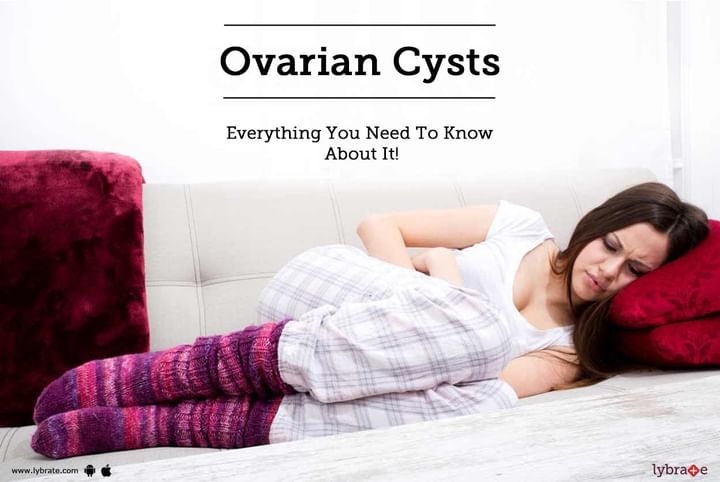Ovarian Cysts: Everything You Need To Know About It!
Ovarian cysts are a common development in many women. Cysts are sacs filled with fluid which are formed in the female ovaries. Most cysts are harmless and do not even show any symptoms. However, some cysts do show outward symptoms like heavy bleeding, clotting, nausea, vomiting, stomach pain during the menstrual cycle, and pain during sex.
If you feel any of the above-mentioned discomforts, it will be in your best interest to book an appointment with your gynaecologist and get a check-up done. Most cysts are manageable unless they are very severe. In fact, it is best that cysts come to light at the right time and are efficiently managed, unless they develop into severe issues in the future.
Management of cysts
- Oftentimes, medical practitioners resort to what is called ‘watchful waiting’.
- At times, ovarian cysts disappear in a few months.
- It is recommended to take a blood test and an ultrasound to see the progress of the cyst.
- If you have already experienced menopause, then these tests are carried out every four months. This is because in such cases the risk of an ovarian cancer is at its highest and regular monitoring of the cyst is necessary.
Treatment of cysts
Ovarian cysts can be treated in their earlier stages. Here are some of the most popular treatments.
- Laparoscopy is one of the most popular treatments. It is a surgery carried out under general anaesthesia. The tummy is cut to a radius of a key hole and a laparoscope is inserted. This helps the doctor to see the internal organs, which is then used to remove the cyst. This method is less painful and has a quick recovery time.
- Laparotomy is the other method used for removing a cyst. In case the cyst is large, then one single large hole is made in the body to access the cyst. At times, the cyst and the ovaries are removed and sent for further laboratory inspection. This inspection is done to detect whether the samples are cancerous or not. This procedure is more complex than the previous one and might need the patient to stay in the hospital for a few days.
- In case you have a cancerous cyst, then your reproductive part itself would have to be removed rendering you barren for your life.
Ovarian cyst is very much treatable and is best to be detected at an earlier stage for better and faster treatment. Thus, it is best to go for regular check-ups and report in case of any disturbing symptoms. After menopause, the tests are carried out every 6 monthly.



+1.svg)
